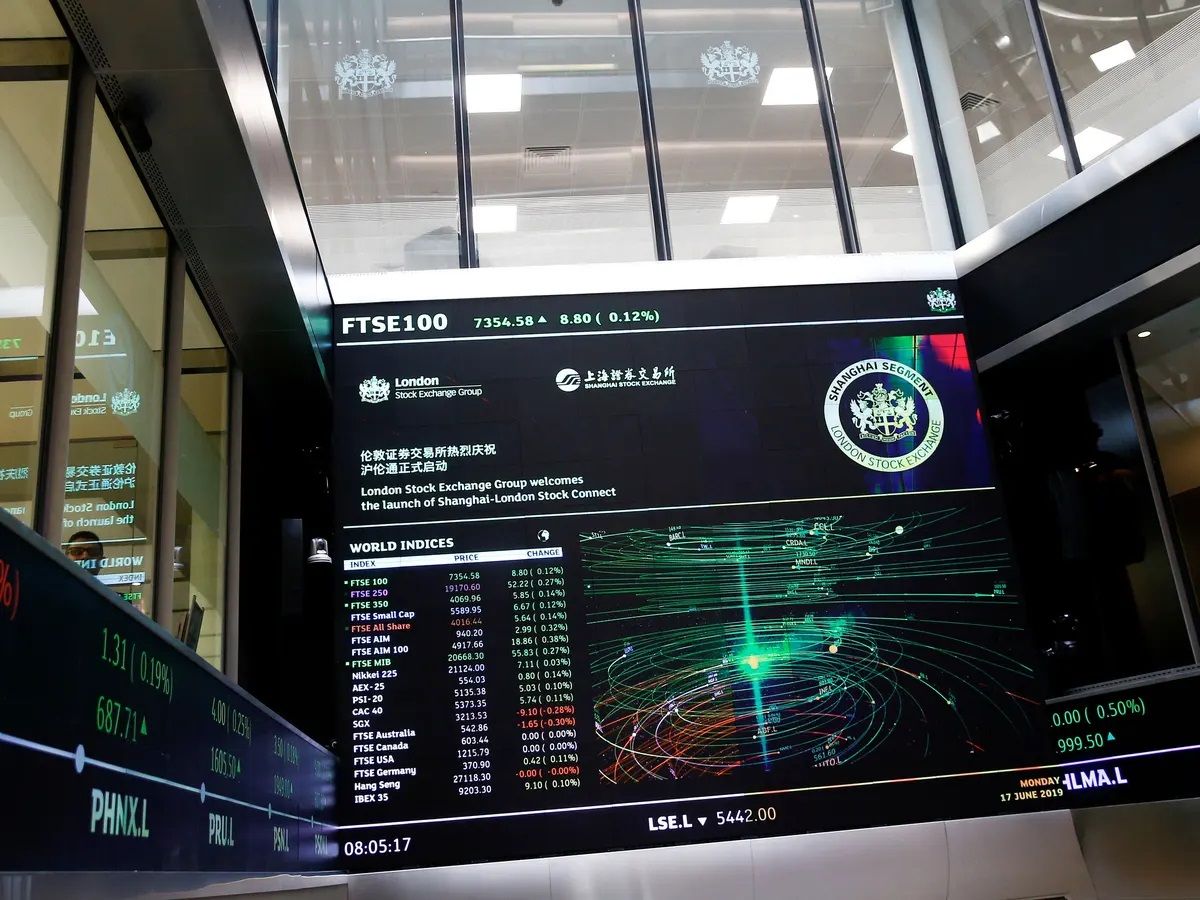FXOpen

The seemingly continual focus on the ever-decreasing value of the British Pound by analysts and traders has been such a central point across the global markets during the past few months that very little attention has been paid to the dichotomy that has been taking place on the stock market.
The London Stock Exchange is home to some of the world's most long-established blue-chip companies and its performance is a definitive measure of the health of the domestic economy from a corporate and industrial perspective.
As the pound made its way down to rock bottom, an interesting pattern emerged within the FTSE 100 index, which is the index that tracks the 100 most prestigious companies listed on the London Stock Exchange's main market.
During these recent weeks, raw materials and mining companies have been doing well, whereas banks and homebuilders have been doing less well.
That demonstrates the current situation in which the British economy is being viewed by not only investors but also banks themselves, many which have removed mortgage products from the market and are taking preventative measures relating to such lending related products in case the interest rate approaches 5% which is anticipated for January 2023.
Today, the FTSE 100 index begins the morning trading session at an almost 12-month low, with factors including high inflation which is driving up costs causing consumer spending to drop, increasing interest rates which are making access to external capital more expensive, continued supply chain disruptions causing global manufacturing delays, and the tanking Pound damaging earnings reported by listed firms being massive contributors.
It is perhaps not surprising that the overall direction of the FTSE 100 index has been a downward one, however some analysts are taking an optimistic view on some of the pharmaceutical stocks, whereas others are looking at the entire British market through a pessimistic lens.
On September 29, the FTSE 100 went down to 6880 points, its lowest point by far in 12 months, and after a slight rebound it is now declining toward that figure again.
The index opened this morning at 6959 points, still below 7000, and 7000 points has been a yardstick measure since mid-2021 when the market was in full upward swing and the news channels were going overboard on the FTSE 100 index having broken the 7000 points barrier, upwards of which it has remained until now.
Trade global index CFDs with zero commission and tight spreads. Open your FXOpen account now or learn more about trading index CFDs with FXOpen.
This article represents the opinion of the Companies operating under the FXOpen brand only. It is not to be construed as an offer, solicitation, or recommendation with respect to products and services provided by the Companies operating under the FXOpen brand, nor is it to be considered financial advice.
Stay ahead of the market!
Subscribe now to our mailing list and receive the latest market news and insights delivered directly to your inbox.








